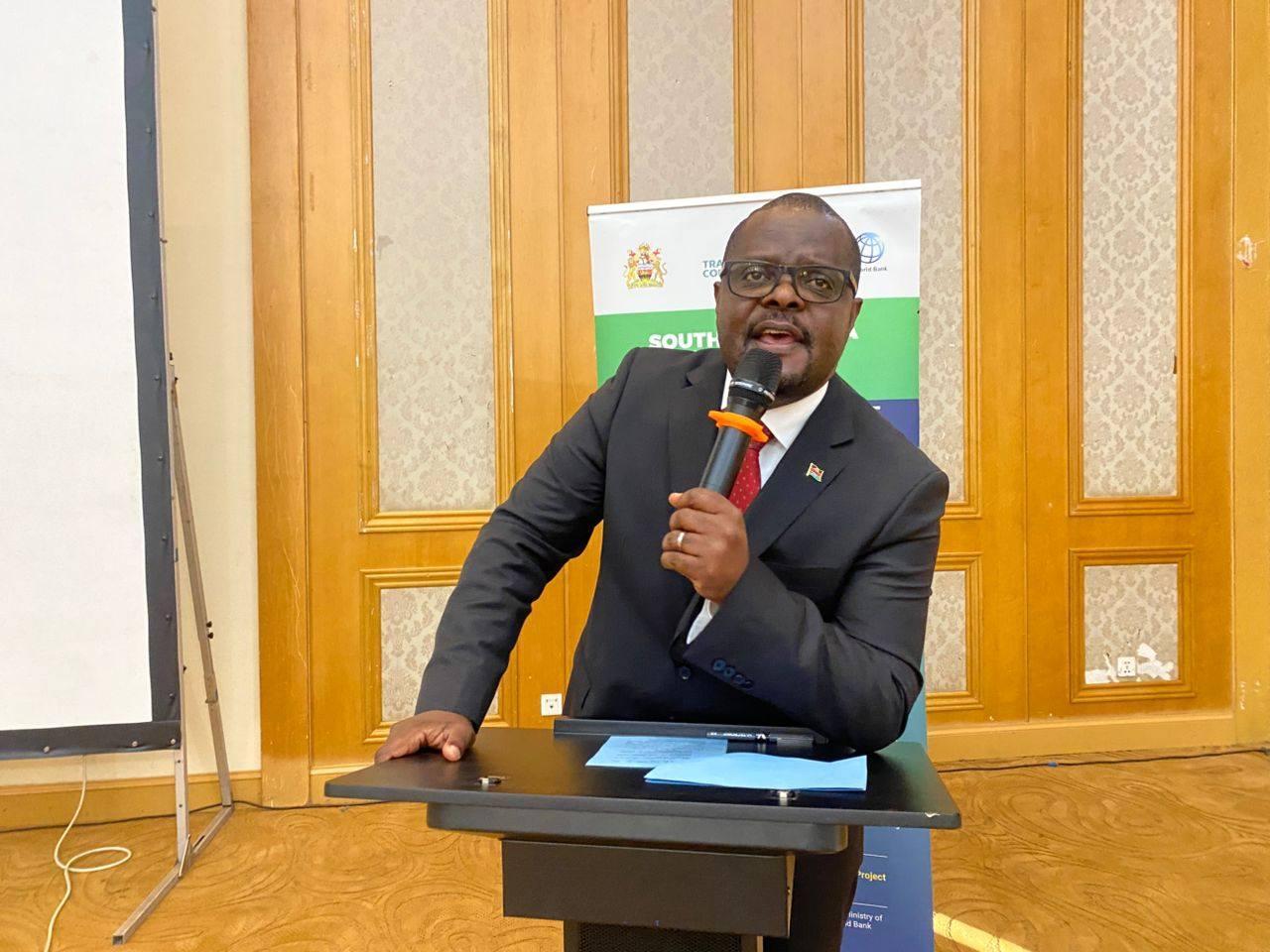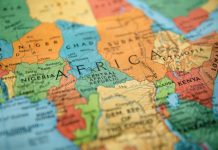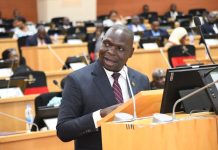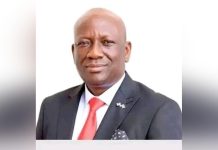Africa-Press – Malawi. For decades, Malawi’s sugar industry was an untouchable empire — a fortress built on exclusivity, guarded by powerful cartels, and sustained by political convenience. In the shadows of that monopoly, prices were manipulated, supply was controlled, and ordinary Malawians were left at the mercy of a few who decided when, where, and how much sugar should cost.
Then came Vitumbiko Mumba — a reform-minded Minister of Trade and Industry who refused to be cowed by power, politics, or profit.
When Mumba walked into Capital Hill to assume office, he inherited an economy held hostage by entrenched interests. Sugar — a staple in every Malawian household — had become a symbol of economic exclusion. For years, Illovo Sugar Company, Malawi’s dominant producer, operated under a model that allowed only one national distributor to handle all sugar distribution. That model bred inefficiency, exploitation, and corruption.
Prices would mysteriously rise overnight. Shelves in rural trading centers would go empty while smugglers trucked tons of sugar across borders for exorbitant returns. And when consumers complained, the explanation was always the same: “There’s a shortage.”
Mumba knew better. Behind the so-called shortage lay a cartel of middlemen, traders, and political surrogates who thrived on scarcity. And he decided enough was enough.
What followed was nothing short of a quiet revolution in Malawi’s trade sector. Mumba summoned Illovo’s top management, confronted the status quo, and demanded that the company open up its distribution system to multiple players across the country. He argued that a product as essential as sugar should never be controlled by a single entity — that competition was not a threat, but a lifeline for fairness and access.
His push was met with resistance. Lobbyists fought back. Whispers circulated that he was “interfering” with private business. Some within the system warned him that challenging the sugar barons could end his career. But Mumba was unmoved. “We cannot build an inclusive economy while protecting monopolies that exploit our people,” he reportedly told a closed-door meeting.
His persistence paid off. Illovo eventually dismantled its long-standing one-distributor policy and awarded contracts to several distributors nationwide. The move marked the end of a decades-old monopoly and the birth of a more open, competitive sugar market.
Across the country, new players — small businesses, cooperatives, and regional distributors — began to participate in the once-guarded industry. Prices started to stabilize. Sugar became more available, even in remote areas. And the grip of the old sugar cartel began to loosen.
Trade analysts hailed the development as one of the most progressive policy shifts in Malawi’s recent economic history. “Mumba broke what many thought was unbreakable,” said one economist. “He restored fairness in the market and gave power back to the people.”
But the story doesn’t end there. In recent months, as the Ministry of Trade remains without a leader of Mumba’s calibre, whispers of cartel resurgence have begun to surface. Old networks are re-emerging, emboldened by the absence of firm oversight. Sugar shortages and price distortions are slowly creeping back.
Yet even amid these developments, one fact stands tall: Vitumbiko Mumba changed the game.
He proved that leadership is not about appeasing powerful interests, but about defending the public good. He showed that courage and conviction can dismantle even the most entrenched monopolies.
And if Malawi’s sugar industry remains open, fair, and competitive for years to come, history will rightly record this chapter as the era when Vitumbiko Mumba broke the sugar barons’ hold and gave the market back to Malawians.
For More News And Analysis About Malawi Follow Africa-Press






